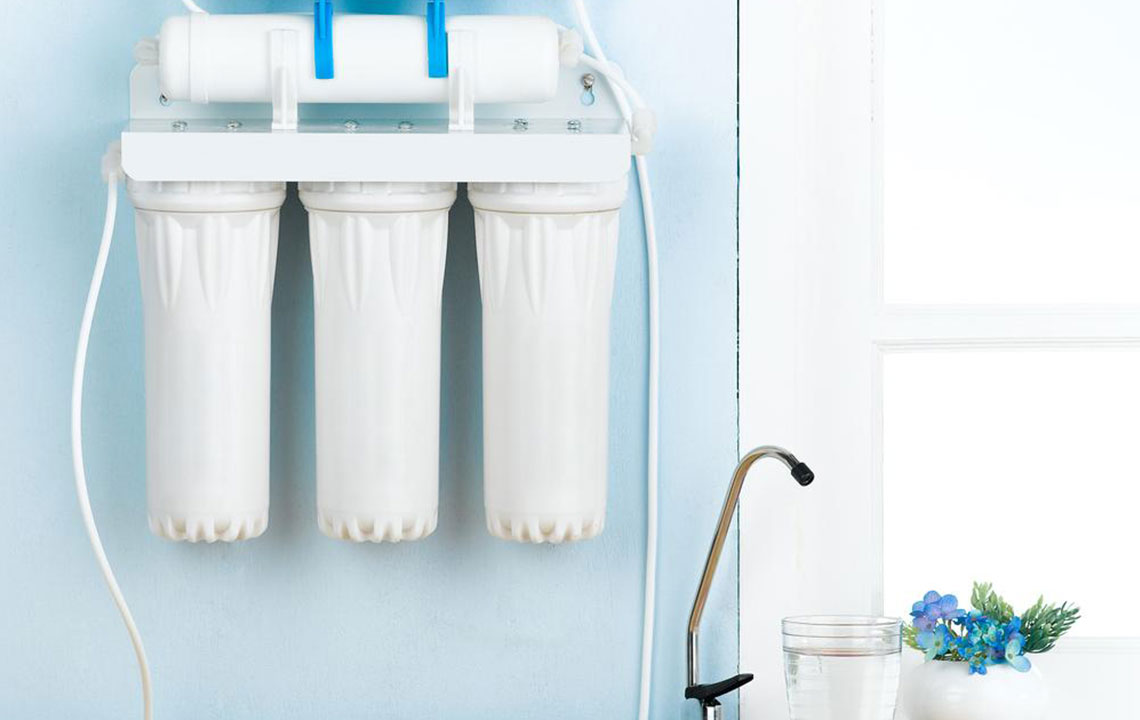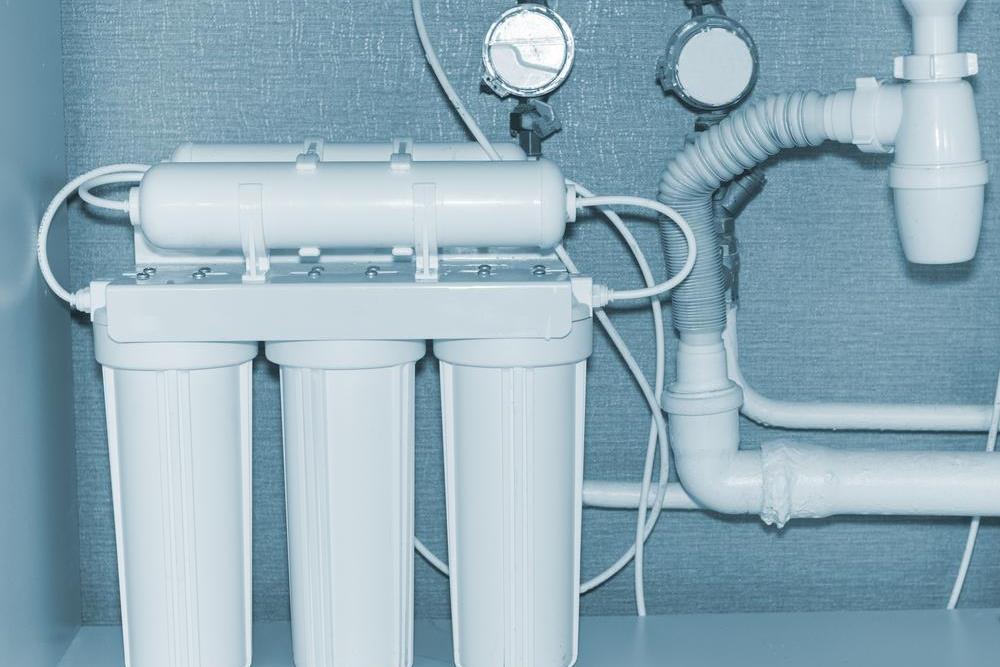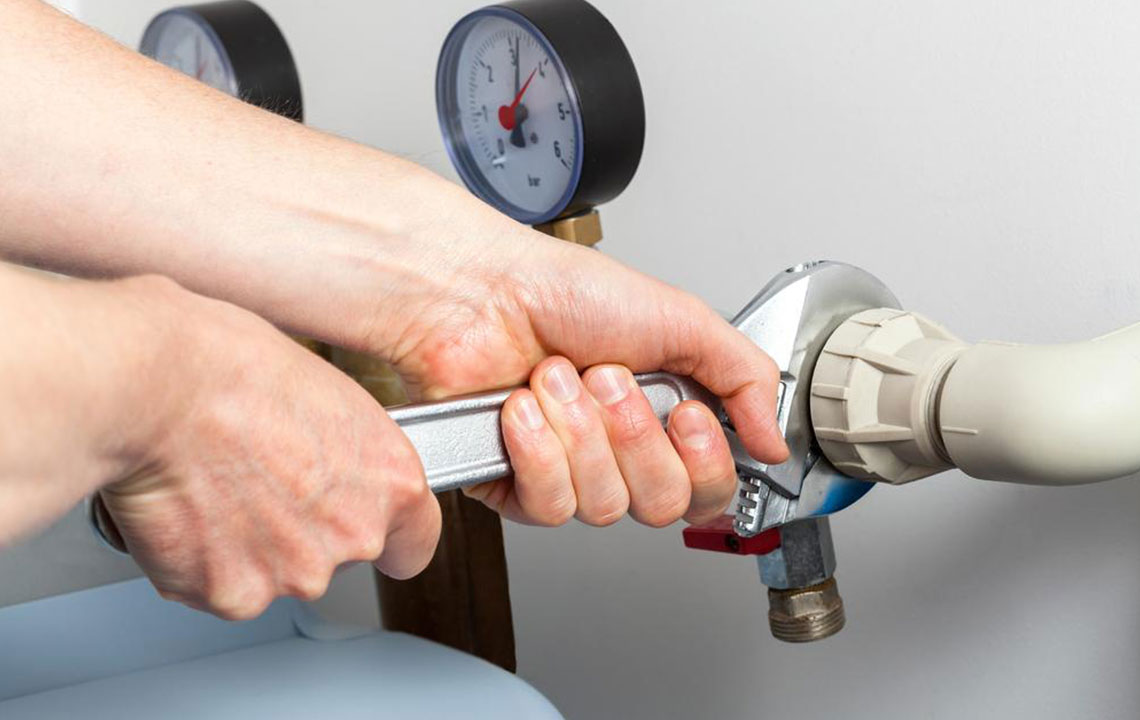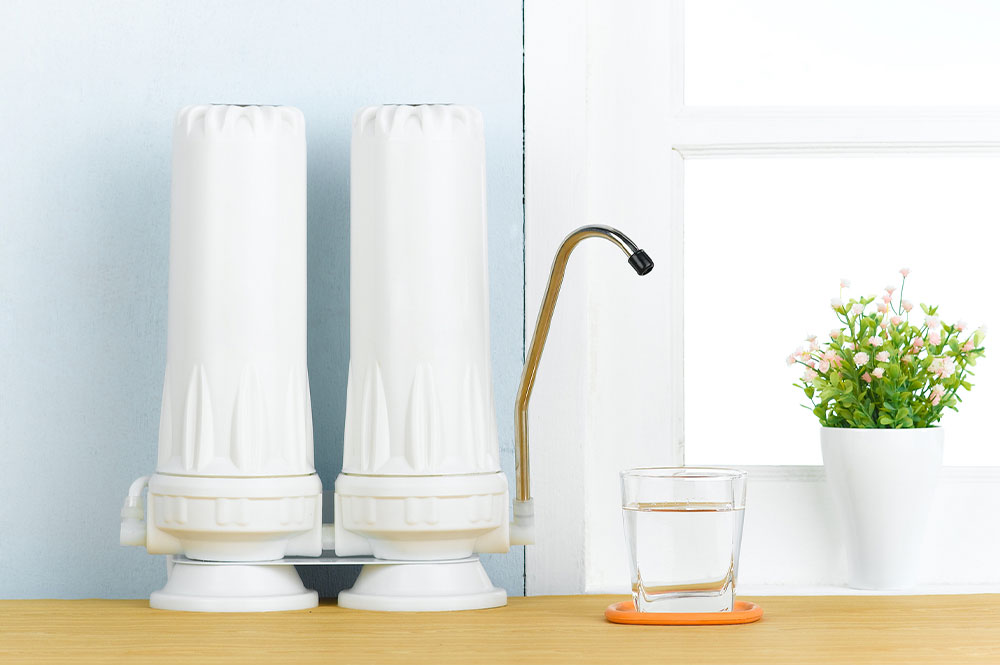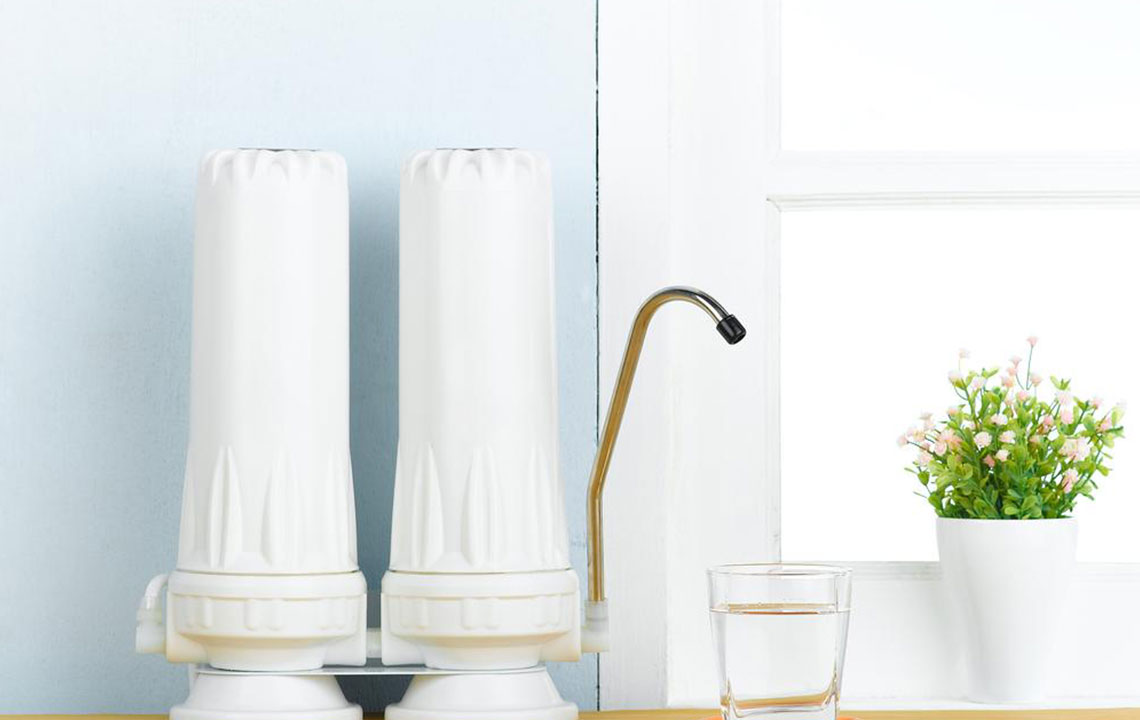The Ultimate Buyer’s Guide to Choosing the Right Water Softening System
Discover the comprehensive guide to selecting the ideal water softening system for your home. Learn about important features like flow rate, softening capacity, and different types of softeners to ensure you choose the best solution for your water hardness level. Protect your appliances, plumbing, and skin by investing in a quality water softener tailored to your household needs with expert tips and detailed insights.
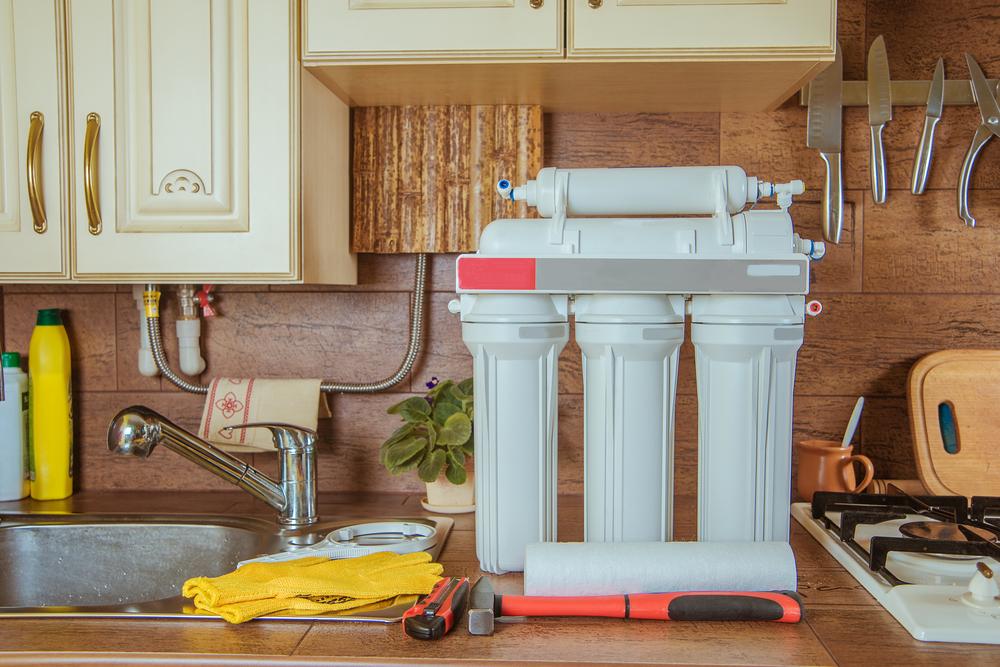
In-Depth Advice for Selecting the Perfect Water Softening Solution for Your Home
Hard water is a common issue that can significantly impact household appliances, plumbing systems, and personal hygiene. It contains high levels of minerals like calcium and magnesium, which can lead to scale buildup, corrosion, and reduced efficiency of appliances like coffee makers, dishwashers, and water heaters. Over time, this buildup can cause costly repairs and replacements, and it can negatively affect your skin and hair, making them dry and irritated. Addressing hard water with a reliable softening system is essential for maintaining appliance longevity, plumbing health, and overall quality of household water. This comprehensive buying guide aims to help homeowners navigate the various water softening options, understand key features, and choose the best system tailored to their specific water conditions and household needs.
Understanding Softener System Flow Rate
The flow rate is a critical parameter when selecting a water softening system, referring to how many gallons of water the system can treat per minute. A higher flow rate means the system can handle a larger volume of water simultaneously, which is vital for households with multiple bathrooms, large families, or high water consumption needs. Typically measured in gallons per minute (GPM), it's important to match the softener’s flow rate with your household’s daily water usage to prevent bottlenecks or inadequate softening. An undersized system may struggle to meet your demands, leading to hard water issues during peak usage times. To accurately determine your household’s water consumption, consult local water usage statistics or contact your water provider. For most average homes, a flow rate of around 5-10 GPM is sufficient, but larger families or homes with high-demand appliances may require systems rated at 15 GPM or more.
Choosing the Right Softening Capacity
The softening capacity, measured in grains per gallon (GPG) or grains per system, indicates how much hardness the system can treat before regenerating or needing maintenance. It's essential to select a system with an adequate capacity based on your water hardness level and daily water consumption. To determine your water’s hardness, you can use affordable testing kits available at hardware stores or online, or request a professional water test. Water with less than 1 GPG of hardness is considered soft, while water exceeding 7 GPG is classified as hard. If your water tests high—for instance, over 15 GPG—you'll want a system with a higher capacity to ensure you're not frequently regenerating the system. Salt-based softeners, which utilize sodium ions to soften water, usually provide superior results for very hard water, but saltless models are also available for those seeking eco-friendly or low-sodium options.
If you're unsure about your water’s hardness, many water treatment companies offer free or low-cost testing services. Accurate testing results help you choose a system with the right capacity, ensuring it operates efficiently without unnecessary regenerations. For extremely hard water, investment in a high-capacity salt-based softener ensures long-term performance and durability. Portable or compact systems are suitable for RVs, travel, or small households with moderate hardness levels. Additionally, consider exploring alternative softening technologies such as magnetic or electronic descalers, which may serve specific needs but typically do not replace traditional salt or saltless systems for hard water treatment.
